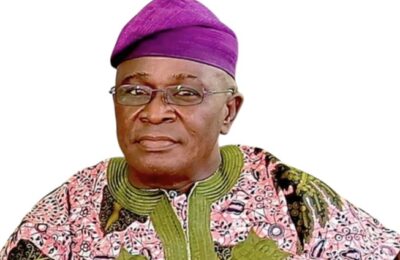By Musa Bakare
When President Bola Ahmed Tinubu assumed office on May 29, 2023, he inherited a battered economy, decades of mismanagement, and a nation yearning for decisive leadership. True to his campaign pledge, he did not waste time administering painkillers to a deep-rooted ailment; he embarked on comprehensive surgery. Today, barely over two years into his administration, the early signs are unmistakable: the reforms are yielding fruit.
The removal of the ruinous fuel subsidy, the unification of multiple foreign exchange windows, and the plugging of leakages in government finances were courageous first steps. These measures are restoring financial honesty and signaling seriousness to investors. As a result, a renewed flow of domestic and foreign investments is evident, with over $8 billion committed to the oil and gas sector alone, while rig counts have increased by over 400% compared to 2021.
Reports indicate that under President Tinubu, Nigeria posted record revenue collections of ₦603.17 billion in October 2024 alone, while the tax-to-GDP ratio jumped from 10% to over 13.5% in just one year. Notably, the debt-to-GDP ratio has been kept at around 55%, comfortably below international danger thresholds. These achievements are proof of prudent fiscal management.
Infrastructure development is also gaining momentum, with projects like the Lagos–Calabar Coastal Highway (750 km), Sokoto–Badagry Superhighway (1,068 km), and new regional development commissions laying the foundation for balanced national growth. For the first time in decades, every region is positioned to develop at its own pace with targeted funding.
Recognizing that reforms must have a human face, the administration has expanded the primary healthcare network, introduced free dialysis and cesarean services, and increased health insurance coverage from 16 million to 20 million Nigerians. Over 6 million households—approximately 30 million people—now benefit from conditional cash transfers designed to cushion the temporary shocks of reforms.
The education sector has also received significant attention, with the approval of eight new medical universities to train doctors, nurses, and allied health professionals.
Real GDP grew by 3.4% in 2024 and 3.86% in Q4 of that year—the fastest growth in three years—despite global economic headwinds. President Tinubu has set his sights on a 7% growth rate by 2027, and with the current trajectory, that target appears achievable.
While inflation remains high and cost-of-living pressures are palpable, it is crucial to recognize that no significant structural reform in any nation’s history has been painless. The President has consistently assured Nigerians that the worst is behind us, and the combination of macroeconomic stability, infrastructural expansion, and social protection now being implemented will soon translate into broader prosperity.
President Tinubu’s leadership marks a departure for Nigeria, moving the nation away from fiscal deceit and economic stagnation toward transparency, stability, and growth. Though the fruits of these reforms may still be ripening, they are already visible in investor confidence, government revenues, infrastructure projects, and the renewed hope of millions.
History will record that President Bola Ahmed Tinubu took bold steps when Nigeria needed them most, placing the nation on a path to enduring progress.
– Musa Asiru Bakare, member of APC, political analyst, writes from Lokoja, Kogi State.




